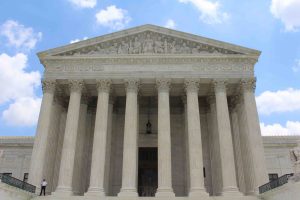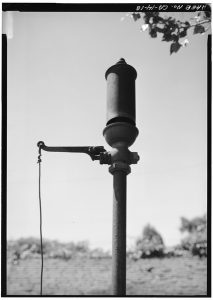 The Ninth Circuit recently held that a whistleblower could not intervene in a False Claims Act (FCA) suit filed by the U.S. despite it being based on allegations the whistleblower previously made in a lawsuit that was dismissed. This is another a holding that shows relators in qui tam cases do not get second chances. If the FCA cases to which they are a party do not directly lead to a settlement or jury award, the whistleblowers cannot recover any compensation.
The Ninth Circuit recently held that a whistleblower could not intervene in a False Claims Act (FCA) suit filed by the U.S. despite it being based on allegations the whistleblower previously made in a lawsuit that was dismissed. This is another a holding that shows relators in qui tam cases do not get second chances. If the FCA cases to which they are a party do not directly lead to a settlement or jury award, the whistleblowers cannot recover any compensation.
Background for the Decision
In 2009, John Prather filed a qui tam action against Sprint and others stating the businesses overcharged the U.S. for wiretapping services. As in all qui tam cases, the U.S. government has time to investigate the allegations and then choose whether to intervene and become a formal party to the case or not intervene. In this case, the U.S. did not intervene and later the district court dismissed the relator’s claim because it determined he was not an original source for the information that led to the allegations.
 Healthcare Fraud Lawyer Blog
Healthcare Fraud Lawyer Blog










